Morning Glory rescue: US Navy Seals were due some better PR
Will the Seals' Mediterranean adventure help restore their 'super-hero' reputation after Osama revelation?

A free daily email with the biggest news stories of the day – and the best features from TheWeek.com
You are now subscribed
Your newsletter sign-up was successful
THIS WEEK'S tale of the Morning Glory takes some beating for piracy, international intrigue and derring-do on the high seas. If Tom Hanks hadn't recently filmed Captain Phillips, Hollywood agents would surely be making urgent calls.
In the early hours of Monday morning, US Navy Seals dropped from helicopters and scurried up boarding ropes to take command of the somewhat sea-worn tanker Morning Glory, known to have been illicitly loaded with Libyan oil.
Aah - black gold.
The Week
Escape your echo chamber. Get the facts behind the news, plus analysis from multiple perspectives.

Sign up for The Week's Free Newsletters
From our morning news briefing to a weekly Good News Newsletter, get the best of The Week delivered directly to your inbox.
From our morning news briefing to a weekly Good News Newsletter, get the best of The Week delivered directly to your inbox.
Pentagon press secretary Rear Admiral John Kirby said that no one was hurt when the Seals boarded the tanker somewhere in international waters off Cyprus, using helicopters and fast boats from the guided missile destroyer USS Roosevelt.
The commandos, Kirby added, had been called in by the governments of Libya and Cyprus, and the plan was to return the oil to Libya.
“The Morning Glory is carrying a cargo of oil owned by the Libyan government National Oil Company,” said Kirby. “The ship and its cargo were illicitly obtained from the Libyan port of es-Sider."
The US Navy, he added, would be “supervising” the return of the pirated Morning Glory, much as if she were a “prize” seized by the Royal Navy in the glory days of old.
A free daily email with the biggest news stories of the day – and the best features from TheWeek.com
The adventure began under a North Korean flag of convenience, which the Morning Glory was flying when she approached the Libyan port early in March. Her satellite tracking communication systems were disabled.
At es-Sider she was seized by “three armed Libyans”. It turns out that the Libyan pirates are affiliated with the warlord Ibrahim Jadran, who is demanding autonomy for eastern Libya and controls three key oil ports.
His forces organised the oil shipment in defiance of the American-backed, post-Gaddafi Libyan government of Ali Zeidan.
When the Morning Gory, officially “stateless” and flying no flag, set sail with its illicit cargo last week, Zeidan declared that he would sink the ship rather than allow the rebels to abscond with the precious cargo.
Lacking a navy, he organised a flotilla of fishing boats armed with machine-guns. When they failed to blockade the port or sink the Morning Glory, he was forced to resign and has fled to Germany, claiming that his life is in danger.
The Morning Glory disappeared into the Mediterranean. But not for long.
The Cypriots, it turns out, were tracking three mysterious figures who flew to Larnaca in a private jet on Friday evening, hired a speedboat from the harbour, and set out to meet the Morning Glory at anchor just beyond territorial waters.
Identified variously as two Israelis and a Senegalese - or as three men travelling on Senegalese passports - the trio are said to have been brokering a deal to buy the oil.
A Cypriot gunboat intercepted them on their journey back to Larnaca and arrested them. They were hauled before a judge on Saturday, who released them on the grounds that Cyprus had no jurisdiction to arrest them for activities in international waters.
At that point, the Cypriots and the Libyans called in the US Navy.
All three “buyers” flew to Israel on Sunday night, and there, for the moment, the trail ends. Who were they?
Israeli intelligence agents have a history of working with the CIA on top secret supply routes – Stinger missiles to the Afghan mujahideen via Egypt being a well-known example chronicled in another Tom Hanks film, Charlie Wilson’s War.
War lord Ibrahim Jadran was clearly, and logically, trying to boost his war chest with the lucrative sale of 250,000 barrels of crude oil. But who was buying it?
As for the Seals, they needed a shot of good PR. Their reputation as super-heroes of our times – mainly down to their capture and assassination of Osama bin Laden in 2011 - has taken a couple of knocks.
Last week, reports emerged from a website devoted to former Special Forces that the real reason Washington had got rid of the corpse of OBL without releasing photographs was because the body had been shot to pieces in an act of savagery by the Seal team sent to get him. Each man was said to have “emptied his magazine” into Bin Laden after his death.
The Seals are portrayed as the heroes of the Captain Phillips movie, and as the sharp end of the naval operations they deserve much credit for reducing piracy of the east coast of Africa.
The attack on the Maersk Alabama in 2009 was a high point for attacks, and the Seals shot three pirates during the rescue. Since then, numbers have tumbled. Last year, 12 ships were hijacked, compared to 28 the year before, and just two have been taken so far this year.
One reason is the lucrative job openings created for retired Navy Seals, hired as on-board security guards for merchant ships. Their presence has proved an effective deterrent.
But the question of just how reliable a combat veteran might be, even a “hero”, was raised last month when two were found dead from heroin overdoses.
Mark Kennedy and Jeffrey Reynolds were both Seals. They were discovered dead in their cabin while in port in the Seychelles, surrounded by needles and bags of heroin residue. As the New York Times reported, the boredom of the job was cited as a possible reason for a drift into drugs.
Their ship? The Maersk Alabama, plying its trade through piratical waters once more.
-
 ‘Restaurateurs have become millionaires’
‘Restaurateurs have become millionaires’Instant Opinion Opinion, comment and editorials of the day
-
 Earth is rapidly approaching a ‘hothouse’ trajectory of warming
Earth is rapidly approaching a ‘hothouse’ trajectory of warmingThe explainer It may become impossible to fix
-
 Health insurance: Premiums soar as ACA subsidies end
Health insurance: Premiums soar as ACA subsidies endFeature 1.4 million people have dropped coverage
-
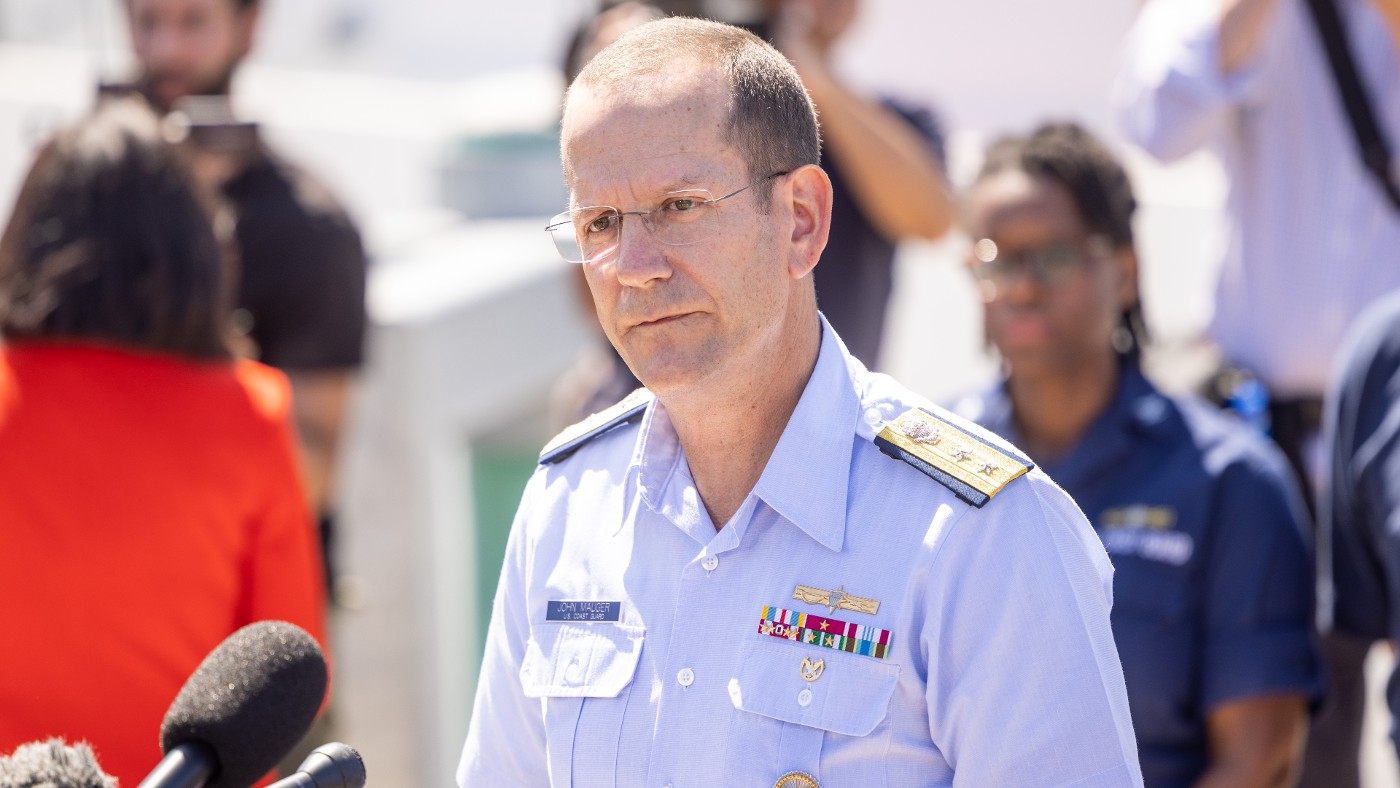 What we know about the Titan sub’s likely implosion
What we know about the Titan sub’s likely implosionfeature Experts say the five passengers would have died ‘instantaneously’ following ‘catastrophic’ loss of pressure
-
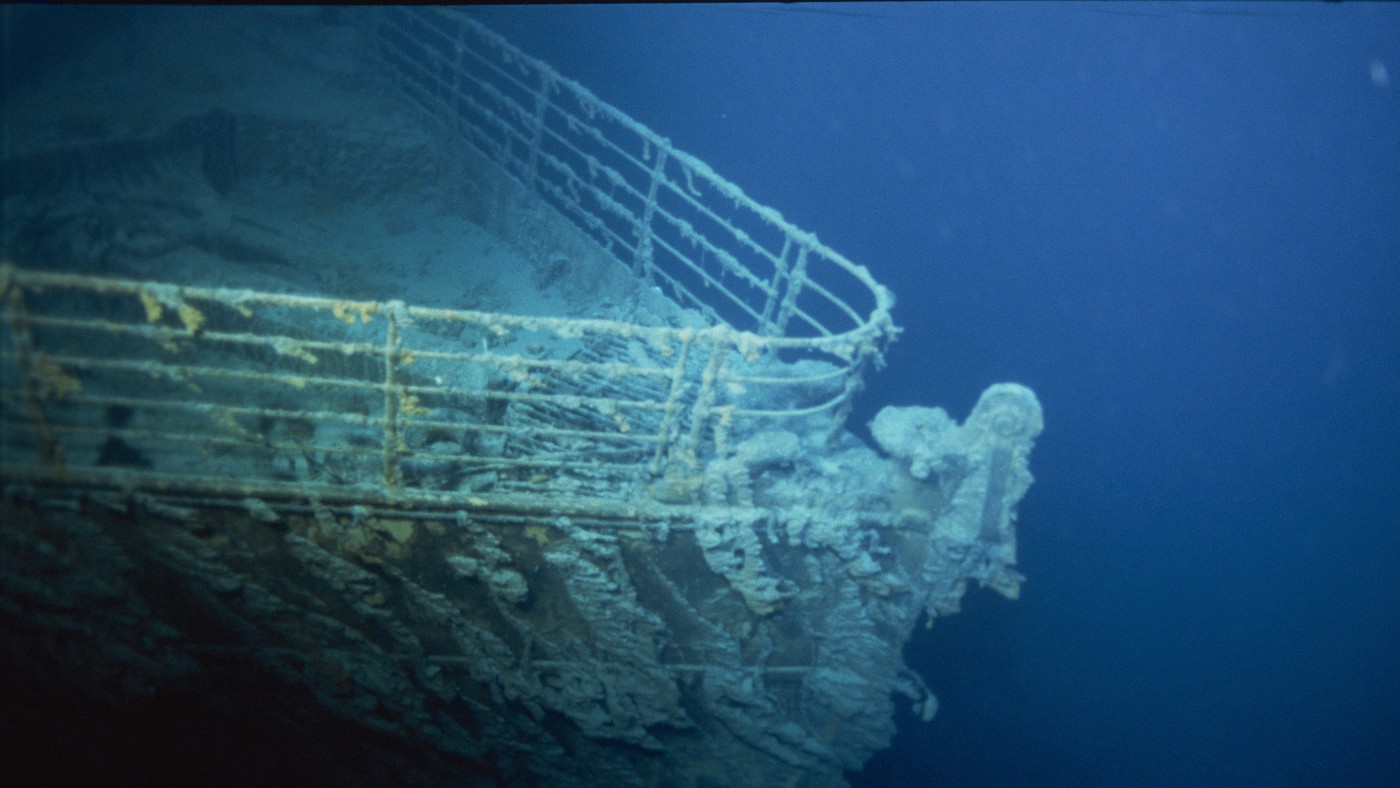 What happened to the missing Titanic sub?
What happened to the missing Titanic sub?Today's Big Question Oxygen supplies running out after vessel lost contact during ‘daredevil’ trip
-
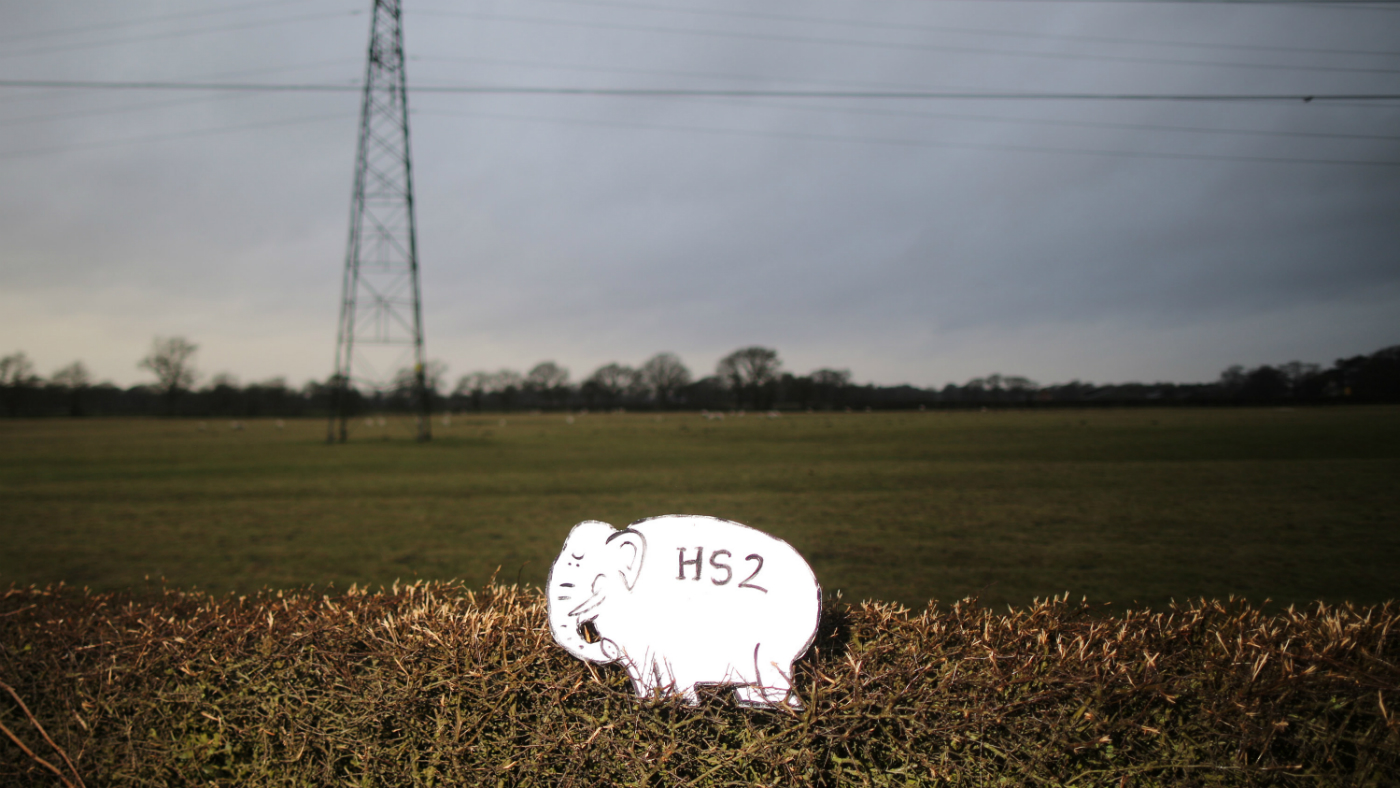 Instant Opinion: launching HS2 now ‘is a disgrace’
Instant Opinion: launching HS2 now ‘is a disgrace’In Depth Your guide to the best columns and commentary on Friday 17 April
-
 Instant Opinion: The method behind John Bolton’s ‘madness’
Instant Opinion: The method behind John Bolton’s ‘madness’In Depth Your guide to the best columns and commentary on Tuesday 28 January
-
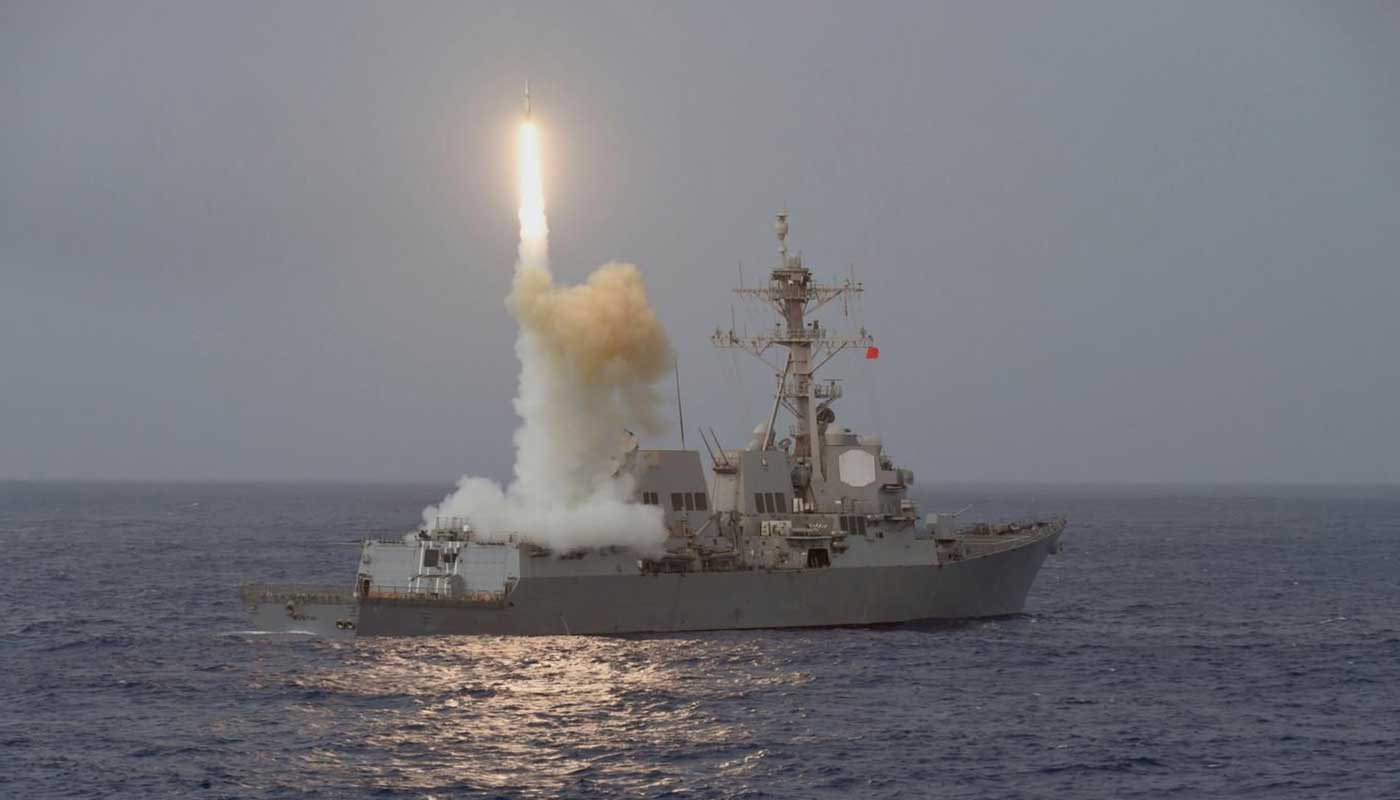 US and China in ‘unsafe encounter’ at sea
US and China in ‘unsafe encounter’ at seaSpeed Read Chinese warship comes ‘within 45 yards’ of US destroyer in South China Sea
-
 Twenty die after monkey prank escalates
Twenty die after monkey prank escalatesSpeed Read Artillery, mortar bombs and tanks used after man sets pet on schoolgirl - and other tall tales
-
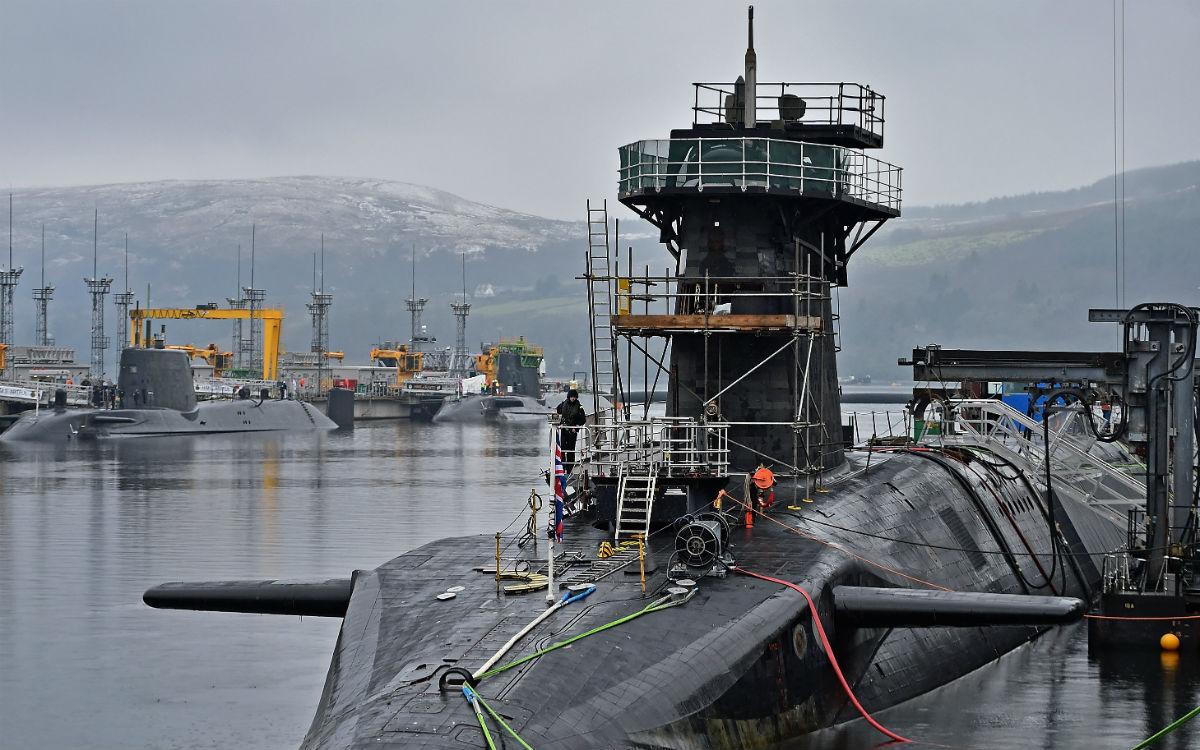 Trident software to be revised over hacking fears
Trident software to be revised over hacking fearsSpeed Read Nuclear system to be updated to protect against possibility of cyber-attack
-
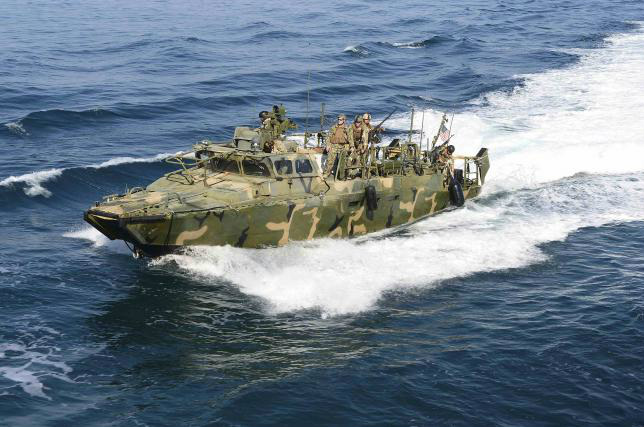 Iran frees ten US sailors detained in Persian Gulf
Iran frees ten US sailors detained in Persian GulfSpeed Read Incident comes as US and Tehran attempt to finalise nuclear agreement